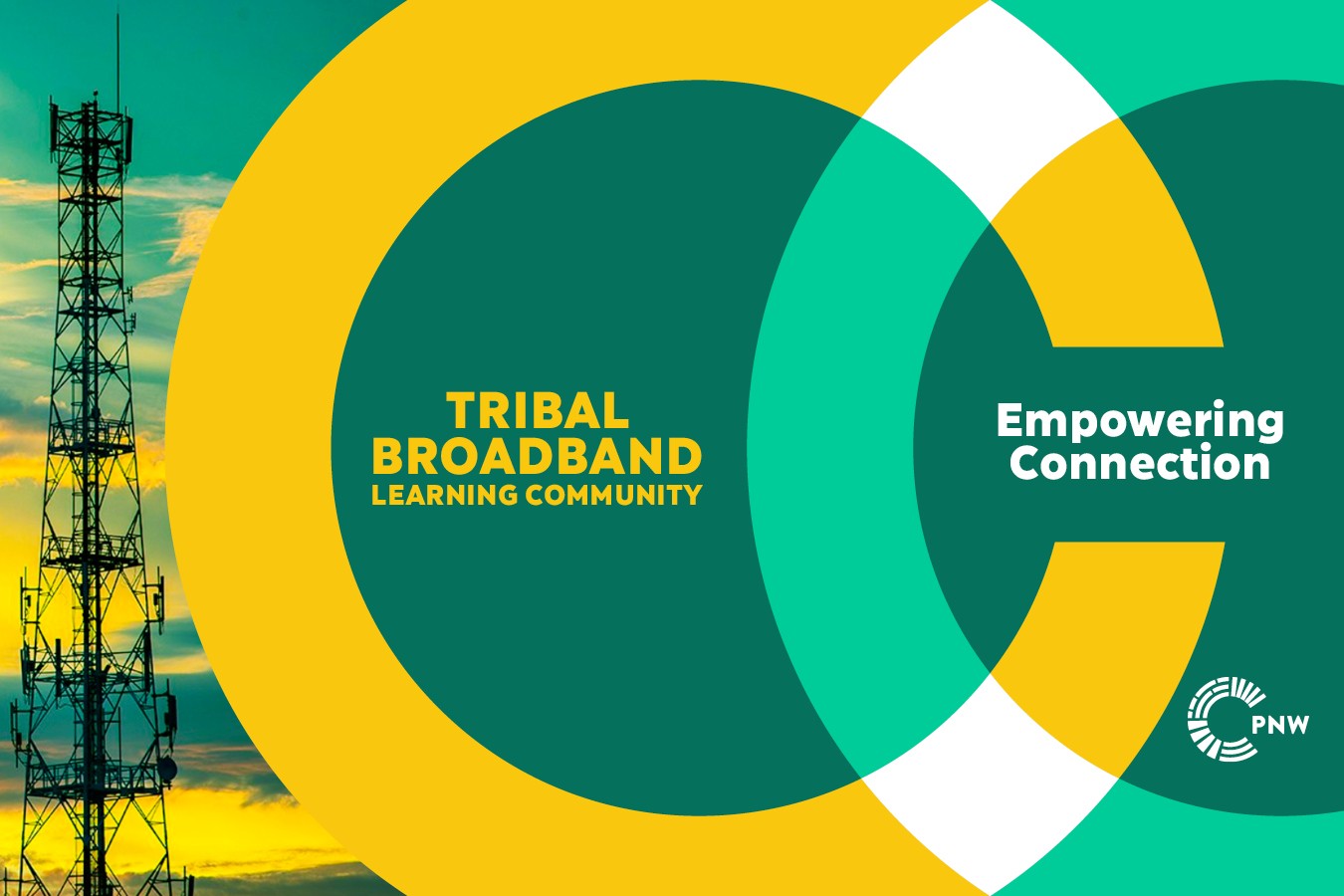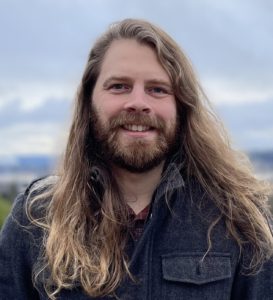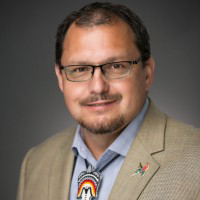
Event details
About this event
Data plays a critical role in demonstrating community needs and where investments should be made, but when this information we rely on is inaccurate or inconsistent, our communities suffer.
For years people have criticized broadband maps for overstating availability and access on Tribal lands. The National Broadband Mapping Coalition estimates that “the maps’ data on addresses and availability could be off by as much as 60%.” With billions of dollars at stake, this can cause long-standing and irreparable harm. Despite the call for more accuracy and accountability, questions remain about data ownership. Join us for this Tribal Broadband Learning Community (TBLC) call where we’ll talk about data sovereignty and its real effects on our communities.
Speakers
Darrah BlackwaterDarrah Blackwater is from Farmington, New Mexico and is a citizen of the Navajo Nation. Darrah has extensively researched and written about the concept of spectrum sovereignty, the idea that Native Nations have exclusive rights to the electromagnetic spectrum on and over their lands. Darrah spent her summer after law school hiking the Colorado Trail to raise awareness about the digital divide and Indigenous issues. She is a recent graduate of the University of Arizona, where she earned her law degree studying Indigenous law and telecommunications law. She spent a year of law school working on tribal issues in Washington DC and has assisted in building multiple community networks in Indigenous communities.
Sharayah Lane, Senior Advisor, Community Connectivity, Internet Society
Sharayah is a member of the Lummi Nation and a nationally recognized leader in the push toward establishing tribal broadband for Indigenous communities throughout the country. She has a background in philanthropy, policy and governance and has spent most of her life in her tribal community in Washington State. She is passionate about the protections and practices of sovereignty and self-determination for tribal communities and has an educational background in tribal economic development. She completed her master's degree in public administration at the University of Washington with an emphasis on Indigenous-focused policy.
Dustin Loup, Program Manager, National Broadband Mapping Coalition, WSU Extension
Dustin Loup is the program manager, National Broadband Mapping Coalition for the Marconi Society. In addition to his work leading the Coalition, Dustin leads and participates in a wide range of community and stakeholder-driven initiatives, including his roles as co-chair of the Internet Governance Forum USA, executive director of the Washington DC Chapter of the Internet Society and voting member of the Lewis County Broadband Action team in Washington. In these roles, as well as his personal capacity, Dustin has been involved with a wide range of digital equity efforts.
Ernie Rasmussen, Bigfoot TeleCommunications of the Colville Tribes
Ernie Rasmussen, citizen of the Oneida Nation of Wisconsin, is currently serving as executive director of Bigfoot Telecommunications of the Colville Tribes. He most recently served as the digital equity manager for the Washington State Broadband Office, within the State of Washington Department of Commerce. Prior to that, he was the commerce tribal liaison and senior planner of economic development for the Confederated Tribes of the Colville Reservation. He currently serves on the Philanthropy Northwest board of directors and helps to lead its Tribal Broadband Learning Community (TBLC).



